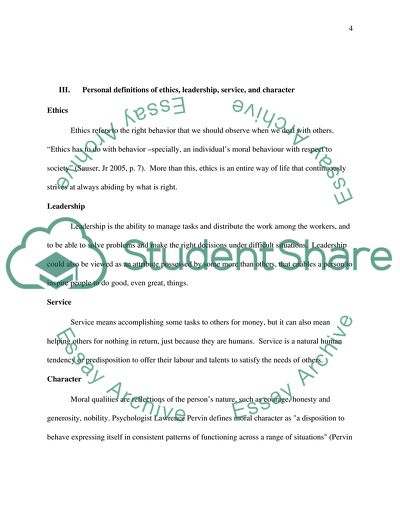Cite this document
(The Personal Ethics Action Plan Admission/Application Essay, n.d.)
The Personal Ethics Action Plan Admission/Application Essay. Retrieved from https://studentshare.org/education/1739152-the-personal-ethics-action-plan-peap
The Personal Ethics Action Plan Admission/Application Essay. Retrieved from https://studentshare.org/education/1739152-the-personal-ethics-action-plan-peap
(The Personal Ethics Action Plan Admission/Application Essay)
The Personal Ethics Action Plan Admission/Application Essay. https://studentshare.org/education/1739152-the-personal-ethics-action-plan-peap.
The Personal Ethics Action Plan Admission/Application Essay. https://studentshare.org/education/1739152-the-personal-ethics-action-plan-peap.
“The Personal Ethics Action Plan Admission/Application Essay”, n.d. https://studentshare.org/education/1739152-the-personal-ethics-action-plan-peap.


